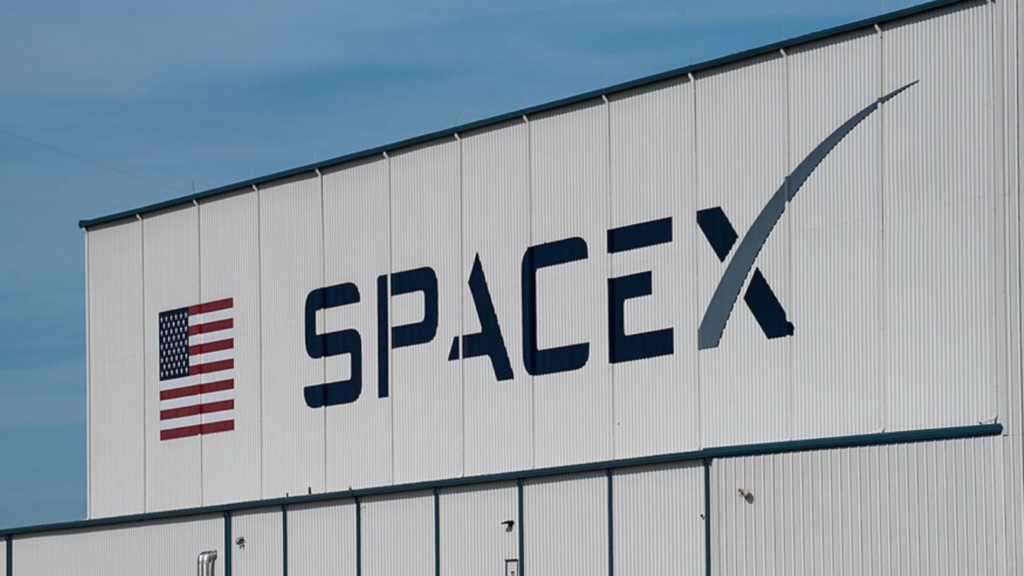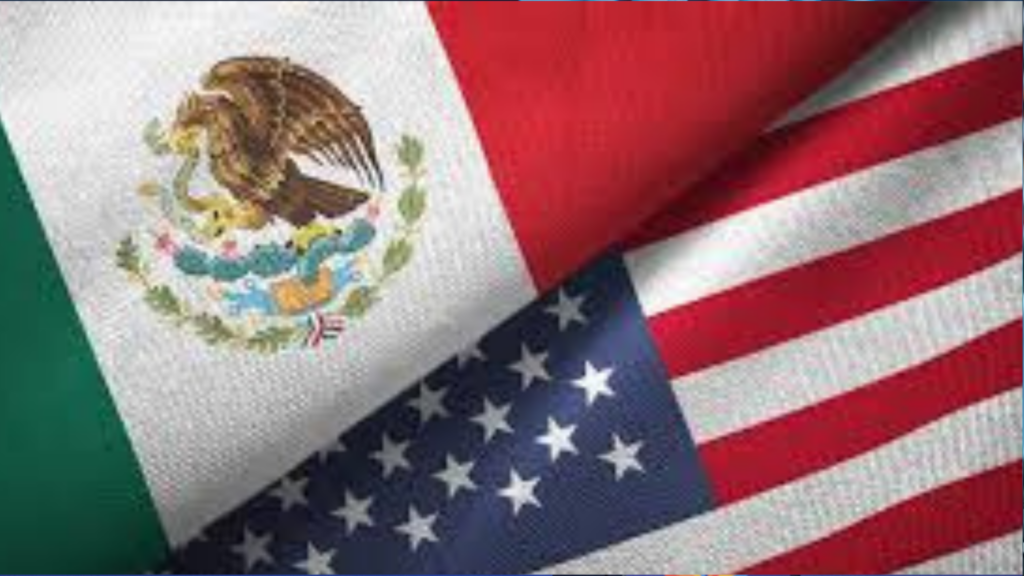Europe’s New Defence ETF: A Shift Toward Realist Priorities
When institutions face rising security demands, they often adopt policies that contradict their previous ideological stances. The launch of the Europe Defence Undertakings for Collective Investment in Transferable Securities Exchange-Traded Fund (Europe Defence UCITS ETF), an investment fund holding a collection of defence-related assets traded on a stock exchange, exemplifies a pragmatic shift in Europe, strengthening both financial and military ties (London Stock Exchange, 2025). The ETF offers investors exposure to European defence companies and is increasingly attractive to those seeking politically driven growth (London Stock Exchange, 2025).
The fund is heavily weighted towards industrials and large-cap defence companies, including major North Atlantic Treaty Organization (NATO) contractors such as BAE Systems (UK) which supplies military hardware, vehicles, and defence systems (London Stock Exchange, 2025). As a result, ETF investors indirectly benefit from NATO’s rising defence contracts, as these companies profit from increased military spending and procurement deals (Fiott, 2017). If traditionally diplomacy-focused institutions such as NATO embrace military expansion, it may signal a broader system-wide ideological shift.
The Return of Classical Security Concerns
Recent geopolitical tensions, particularly in the Russo-Ukraine war, have reignited classical security concerns across Europe. The conflict has drawn frequent comparisons to the Cold War era, as NATO member states ramp up defence spending levels not seen in decades (Chart 1) (NATO, 2024). During the Cold War, European nations maintained significantly higher defence budgets as a percentage of GDP, driven by the ideological military standoff with the Soviet Union (SIPRI, 2023; NATO 2021). In international relations theory, such patterns of competition and power balancing are often linked to realism, which is the idea that states act in their self-interest within an anarchic international system (Waltz, 1979). Realism also emphasises power politics, with states seeking to maximise their security and influence (Waltz, 1979).
Defence Spending (% of GDP): Cold War to Present
As the international system returns to Cold-War power dynamics, it is increasingly reflected in Europe’s defence policies and economic strategies. The growing economic pressure caused by conflict and subsequent international responses may reshape the ideological values and principles that guide governments (Waltz, 1979). For example, UK Prime Minister Keir Starmer and the Labour Party announced an expected ‘5.6%’ year-on-year nominal increase in the defence budget, reaching ‘£56.9’ billion in 2024/25 (Kirk-Wade, 2024, p.1).
Despite Brexit, this move strengthens the UK’s financial and military ties with Europe, reinforcing its commitment to European security cooperation (NATO, 2021). The rise in spending also signals a shift towards greater defence alignment with the EU member states, reflecting a broader European trend where center left parties are adopting more aggressive defence policies in response to geopolitical threats (Waltz, 2000). Consequently, political actors are realigning along the left-right spectrum, with traditionally progressive parties endorsing higher military spending.
Moreover, the Europe Defence UCITS ETF, one of the newest additions to Europe’s investment landscape, mirrors NATO expansion and the NATO+ initiative, which seeks to strengthen alliances by including non-member states; such as Australia, Japan, and South Korea (NATO, 2021). These developments reflect a hard realist stance, prioritising military build-up through capital generation and strategic investments rather than relying on multilateral diplomacy alone (Waltz, 2000).
Therefore, by utilising financial support through investment products, NATO indirectly mobilises private capital to strengthen its military presence. This expands NATO’s economic influence while reducing the financial burden on member states, and symbolises how states and financial markets are adapting to a security-driven geopolitical landscape with financial products becoming instruments of power projection (Waltz, 1979). As a result, defence-related financial instruments could play an increasingly significant role in future conflict-driven economies.
Financial Pragmatism vs. Ideological Shift
Although the Europe Defence ETF may appear to signal an ideological shift, it can alternatively be interpreted as a pragmatic financial response to rising defence spending rather than a genuine transformation of political ideology (Wu et al., 2023). The creation of the ETF stems from market demand and profitability, not necessarily from political realignment, and similar ETFs in the US, such as the SPDR SP Aerospace & Defense Exchange Traded Fund, were introduced as financial products responding to industry growth, instead of ideological statements (Wu et al., 2023). The Europe Defence ETF is therefore, designed to capitalise on rising military budgets and geopolitical instability, making it more of an economic instrument for investors seeking sector-specific growth rather than a reflection of shifting national ideology (London Stock Exchange, 2025).
However, the broader geopolitical implication of channelling capital into defence industries through ETFs cannot be ignored. By financially empowering Europe’s military sector, such funds contribute to the militarisation of the continent’s security landscape. This development could reshape Europe’s approach towards ongoing conflicts, such as the war in Ukraine by prioritising militarised containment strategies over diplomatic resolutions, mirroring interventionist tendencies of countries similar to the US (Tang and Long, 2011). This reorientation reflects the broader realist tendencies shaping international relations, where states prioritise security and self-interest over diplomatic ideals. As Europe navigates a new era of heightened defence posturing, financial products like the ETF may become increasingly common, blurring the lines between economic strategies and security policies.
Bibliography
Fiott, D. (2017). The EU, NATO and the European defence market: do institutional responses to defence globalisation matter? European Security, 26(3), pp.398–414. doi:https://doi.org/10.1080/09662839.2017.1352582.
Kirk-Wade, E. (2024). UK Defence Expenditure. commonslibrary.parliament.uk. [online] Available at: commonslibrary.parliament.uk/research-briefings/cbp-8175/ [Accessed 20 Mar. 2025].
London Stock Exchange (2025). World’s First European Defence ETF Launched by WisdomTree. [online] Londonstockexchange.com. Available at: www.londonstockexchange.com/discover/news-and-insights/worlds-first-european-defence-etf-launched-wisdomtree [Accessed 20 Mar. 2025].
NATO (2021). NATO 2030. [online] North Atlantic Treaty Organization. Available at: https://www.nato.int/nato_static_fl2014/assets/pdf/2021/6/pdf/2106-factsheet-nato2030-en.pdf [Accessed 22 Mar. 2025].
NATO (2024). Defence expenditures and NATO’s 2% guideline. [online] NATO. Available at: https://www.nato.int/cps/en/natohq/topics_49198.htm?selectedLocale=us [Accessed 20 Mar. 2025].
SIPRI (2023). SIPRI Military Expenditure Database | SIPRI. [online] Sipri.org. Available at: https://www.sipri.org/databases/milex [Accessed 22 Mar. 2025].
Tang, S. and Long, S.R.J. (2011). America’s military interventionism: A social evolutionary interpretation. European Journal of International Relations, 18(3), pp.509–538. doi:https://doi.org/10.1177/1354066110396763.
Waltz, K.N. (2000). NATO expansion: A realist’s view. Contemporary Security Policy, 21(2), pp.23–38.
Waltz, K.N. (1979). Theory of International Politics. New York: McGraw-Hill.
Wu, X., Xu, H., Wu, S., Huang, M. and Wang, J. (2023). Nonlinear dynamic analysis of the U.S. defense stock markets under the Russia-Ukraine conflict. Fluctuation and Noise Letters. doi:https://doi.org/10.1142/s0219477524500044.



